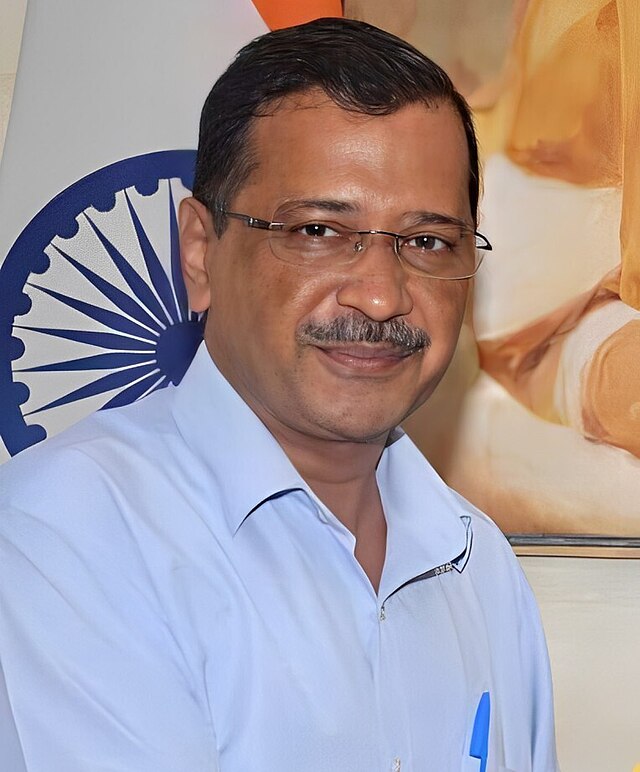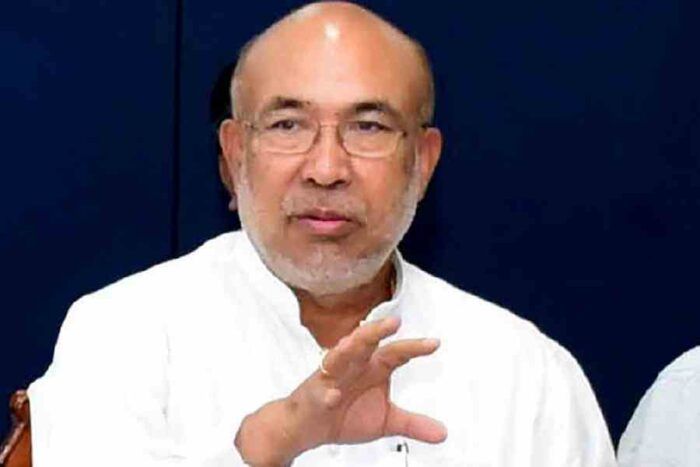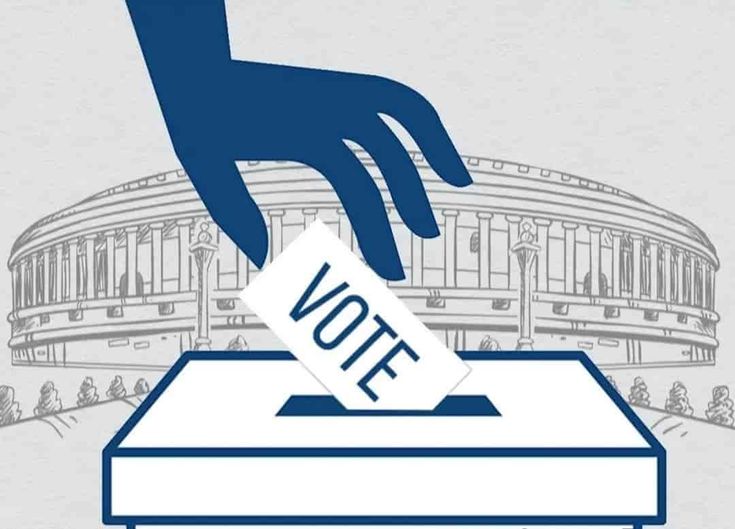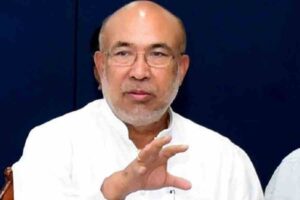Arvind Kejriwal and the Liquor Scam: A Political and Legal Crossroads-Kp
Arvind Kejriwal, the Chief Minister of Delhi and leader of the Aam Aadmi Party (AAP), was arrested in March 2024 by the Enforcement Directorate (ED) in connection with alleged irregularities in Delhi’s excise policy. This marked the first instance of a sitting Indian Chief Minister being detained on such charges.

Background and Arrest
Involvement in the Liquor Scam
The ED alleges that Kejriwal was involved in a scheme where kickbacks were received in exchange for favorable modifications to Delhi’s excise policy. These kickbacks were purportedly funneled through various channels, implicating several individuals, including AAP leaders Manish Sisodia and Sanjay Singh, as well as BRS legislator K Kavitha.
Legal Proceedings and Bail Status
After his arrest, Kejriwal was held in judicial custody. In September 2024, the Supreme Court of India granted him interim bail in the money laundering case linked to the excise policy scam. However, he remained in Tihar Jail due to a separate arrest by the Central Bureau of Investigation (CBI) in a related corruption case.
Resignation as Chief Minister
Following his release on bail, Kejriwal resigned from his position as Chief Minister of Delhi in September 2024, stating that he would only return to office if the people of Delhi reaffirmed their trust in his leadership through upcoming elections.
Current Status within AAP
As of now, Kejriwal continues to serve as the National Convener of the Aam Aadmi Party. The party has expressed unwavering support for him, with leaders and members rallying behind him during the legal proceedings. Despite his resignation as Chief Minister, his leadership within the party remains unchallenged.
Latest Developments
In September 2024, Atishi was announced as the new Chief Minister of Delhi, succeeding Kejriwal. Additionally, the Delhi High Court has refused to stay trial court proceedings against Kejriwal in the money laundering case, indicating that legal challenges persist.
The situation remains dynamic, with ongoing legal proceedings and political developments. Kejriwal’s future role in Delhi’s governance and within AAP will likely be influenced by the outcomes of these events.
- Arvind Kejriwal’s Role: Kejriwal has been a prominent political figure in India, serving as the Chief Minister of Delhi since 2015 and the National Convener of the Aam Aadmi Party (AAP).
- Arrest Details: In March 2024, the Enforcement Directorate (ED) arrested him in connection with alleged irregularities in Delhi’s excise policy, specifically for money laundering charges. This marked the first time a sitting Chief Minister in India was detained under such charges.
Allegations and Liquor Scam Involvement
- Excise Policy Controversy:
- The Delhi excise policy for 2021-22 was introduced with the intention of streamlining liquor sales in the capital.
- The ED and CBI allege that the policy was manipulated to benefit private liquor vendors, resulting in kickbacks.
- These kickbacks, amounting to ₹100 crore, were allegedly used by the AAP for election campaigns in Goa and for Kejriwal’s personal benefits, such as luxury hotel stays.
- Individuals Implicated:
- Manish Sisodia: Former Deputy Chief Minister of Delhi and a close aide of Kejriwal, currently in jail for his involvement in the same case.
- Sanjay Singh: Senior AAP leader, also accused of benefiting from the liquor scam.
- K Kavitha: A BRS legislator accused of facilitating the transfer of kickbacks.
Legal Proceedings
- Judicial Custody:
- After his arrest, Kejriwal was held in Tihar Jail under judicial custody.
- Despite the Supreme Court granting him interim bail in September 2024 for the money laundering charges, he remained in jail due to a separate CBI case on corruption charges.
- Court Decisions:
- The Delhi High Court refused to stay the ongoing trial court proceedings against him, signaling that legal hurdles are far from over.
- Investigations by ED and CBI are still underway, and more charges could potentially be added.

Political Impact
- Resignation as Chief Minister:
- Following his bail in the money laundering case, Kejriwal resigned as Delhi’s Chief Minister in September 2024.
- He announced that he would only return to governance if the people of Delhi reaffirmed their trust in him through fresh elections.
- Replacement:
- Atishi, a senior AAP leader and former minister in Kejriwal’s cabinet, was appointed as the new Chief Minister of Delhi.
Role within AAP
- Leadership in the Party:
- Despite his resignation as Chief Minister, Kejriwal remains the National Convener of the Aam Aadmi Party.
- Senior party leaders and members have publicly supported him, maintaining that the charges are politically motivated.
- AAP’s Official Stance:
- The party has accused the central government of misusing investigative agencies to target opposition leaders.
- Rallies and public meetings have been held to defend Kejriwal’s reputation.

Support and Opposition
- Supporters:
- AAP leaders, workers, and a section of the public continue to back Kejriwal, citing his governance record.
- Opposition parties like the Trinamool Congress (TMC) and Congress have expressed mixed reactions, with some leaders condemning the alleged misuse of central agencies.
- Critics:
- The BJP has been vocal in accusing Kejriwal of corruption and demanding his resignation well before he stepped down.
- Other political parties have remained neutral or critical, focusing on the legal merits of the case.
Current Status
- Bail and Jail:
- Kejriwal has been granted interim bail in the money laundering case but remains in custody due to the CBI’s corruption charges.
- Legal experts suggest his release on bail for the second case will be a drawn-out process.
- Future Role in Politics:
- Kejriwal’s political future hinges on the outcome of these cases. Despite his legal troubles, he retains a strong support base within AAP and among sections of the Delhi electorate.
Latest Developments
- Legal Front:
- The trial court proceedings against Kejriwal continue, with fresh hearings scheduled.
- Investigative agencies are reportedly examining further financial links between AAP leaders and the liquor scam.
- Public Opinion:
- The case has polarized public opinion, with some viewing it as a targeted attack while others see it as a legitimate anti-corruption drive.
- Party Stability:
- AAP’s performance in the upcoming Delhi elections will likely be a referendum on Kejriwal’s leadership and the allegations against him.
Conclusion
The case against Arvind Kejriwal marks a significant moment in Indian politics, as it involves the arrest of a sitting Chief Minister for alleged money laundering and corruption. The allegations tied to Delhi’s excise policy have not only cast a shadow over Kejriwal’s leadership but also posed a major challenge to the Aam Aadmi Party, which has built its brand on transparency and clean governance.
While Kejriwal and AAP maintain that the charges are politically motivated, the ongoing legal proceedings and his continued custody highlight the gravity of the accusations. His resignation as Chief Minister and the appointment of Atishi as his successor reflect an attempt to stabilize governance in Delhi amidst the turmoil.
Despite these challenges, Kejriwal remains a pivotal figure within AAP, retaining his role as its National Convener and enjoying strong support from party members and some sections of the public. However, his political future and that of the AAP hinge on the resolution of these legal battles and the public’s perception of his innocence or culpability.
The developments in this case will not only impact Kejriwal’s career but could also set a precedent for accountability and the use of investigative agencies in Indian politics. As the legal process unfolds, the situation remains a litmus test for both governance and political integrity in India.













Post Comment